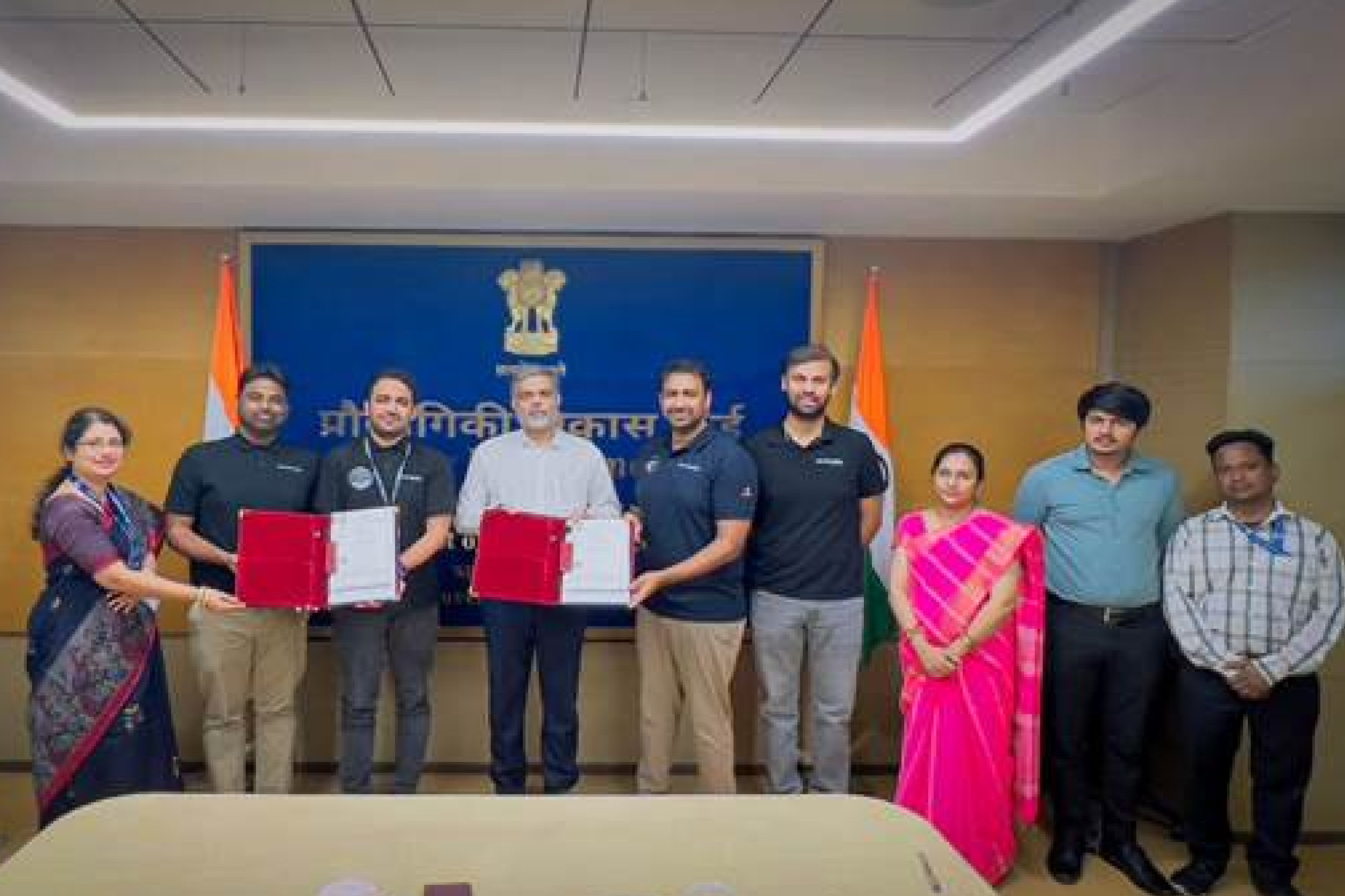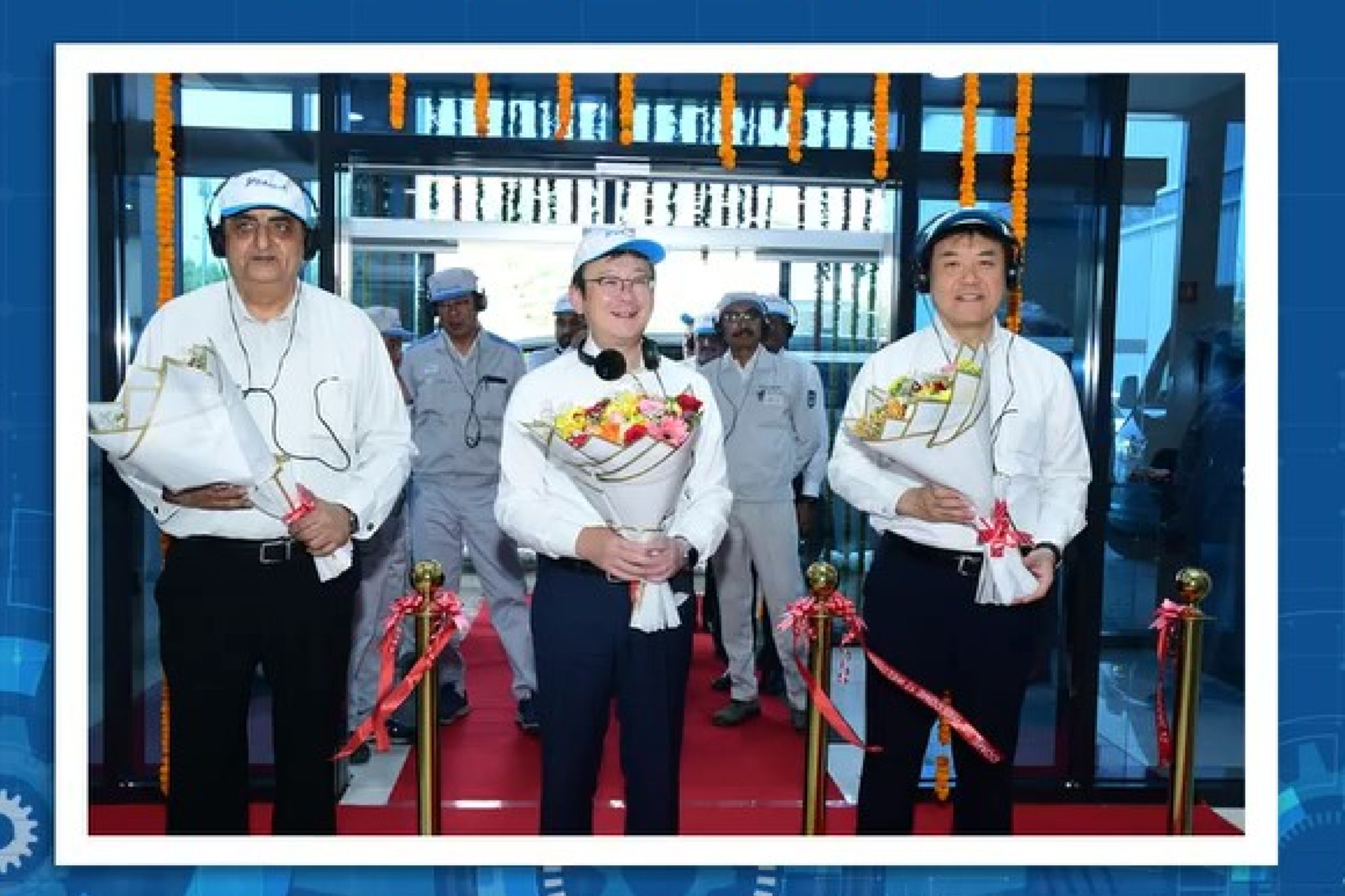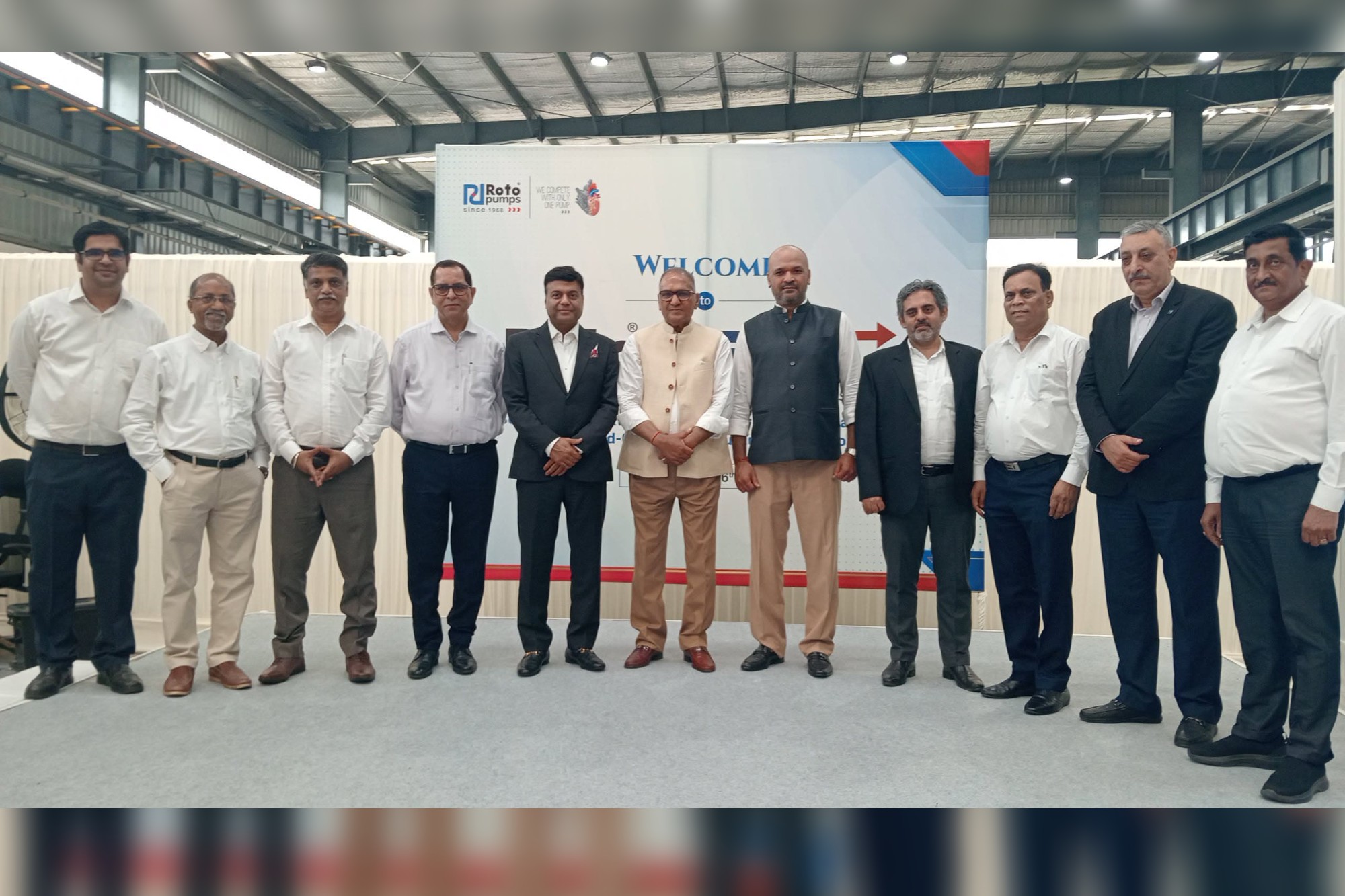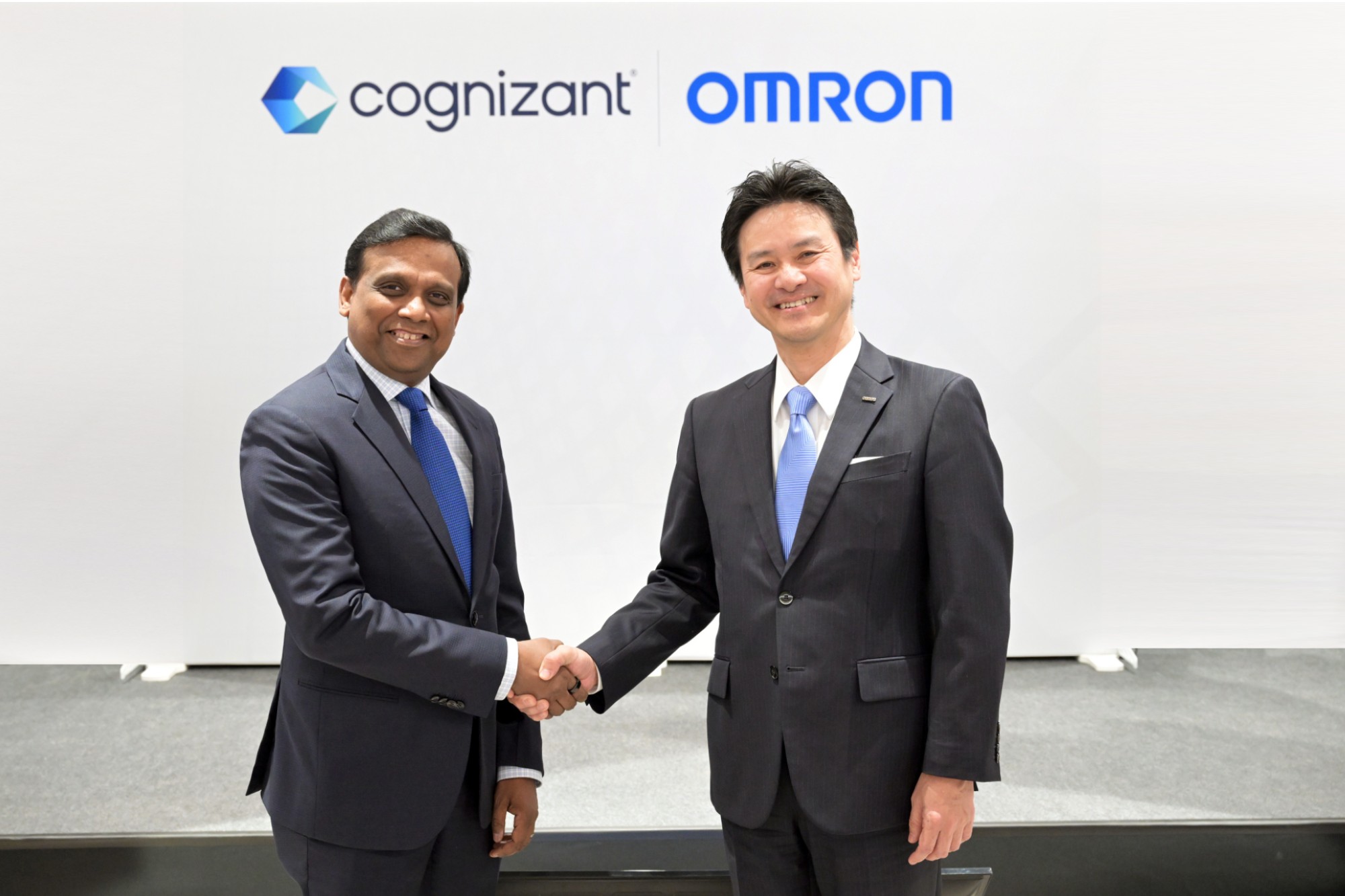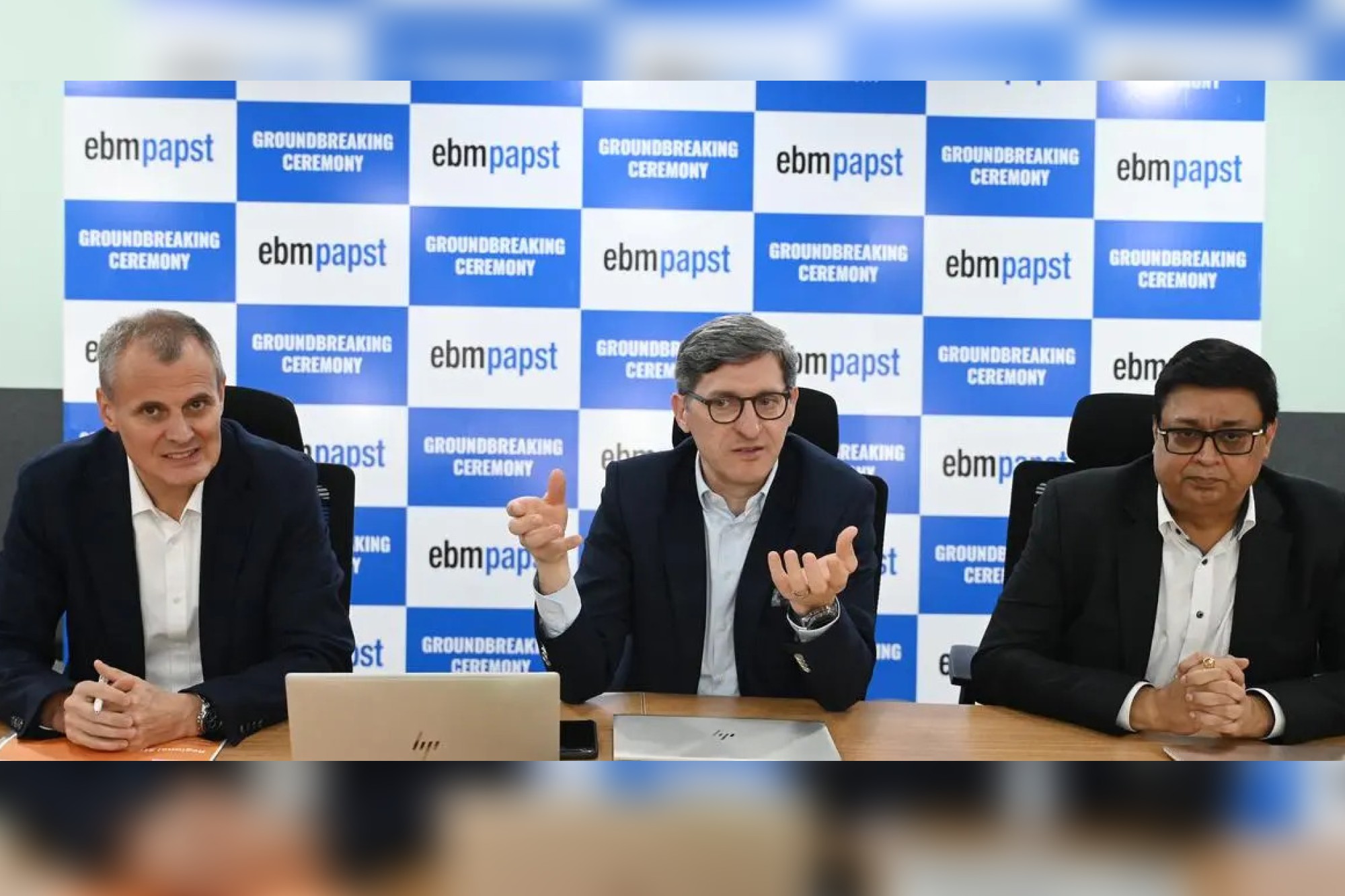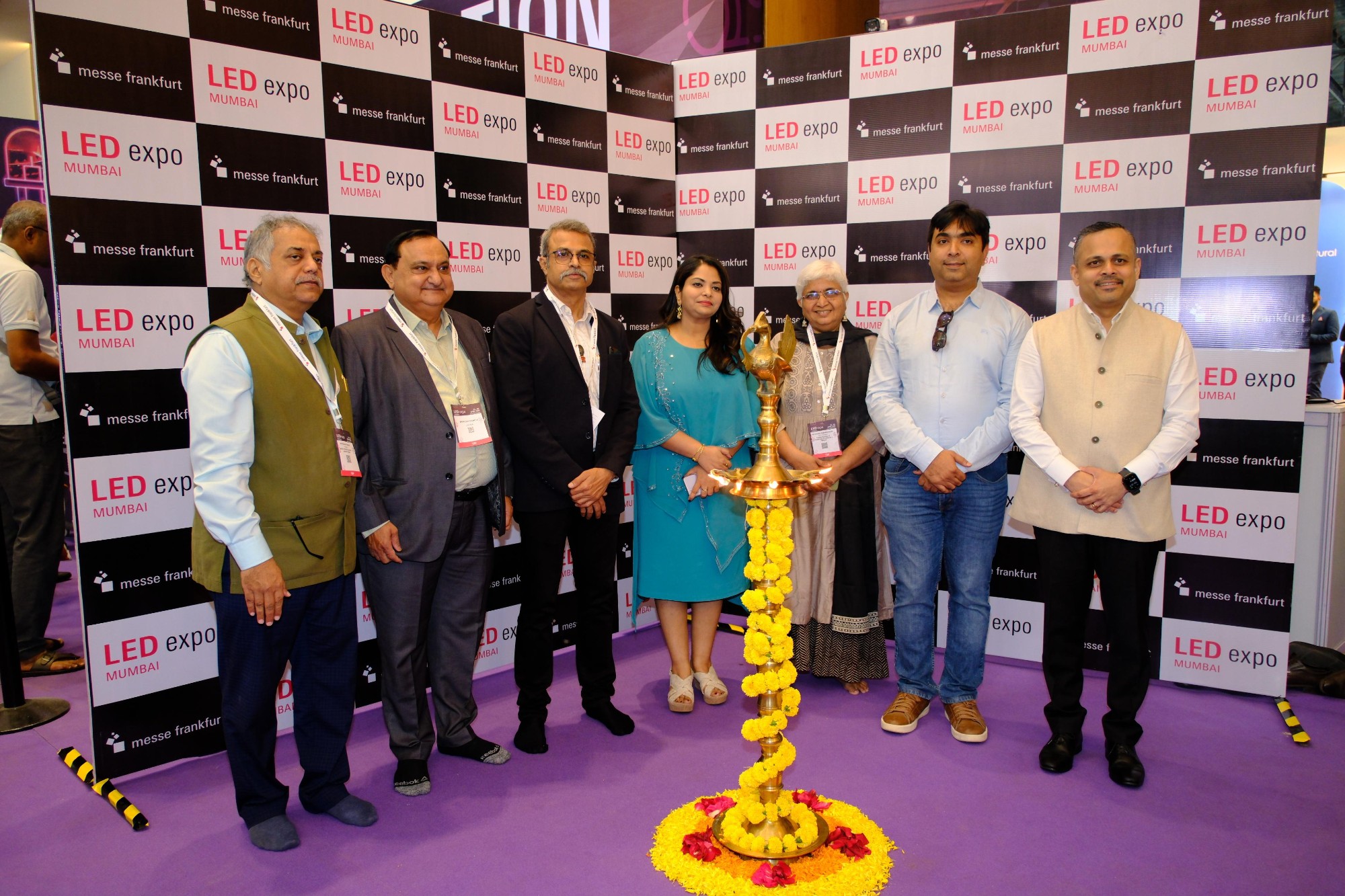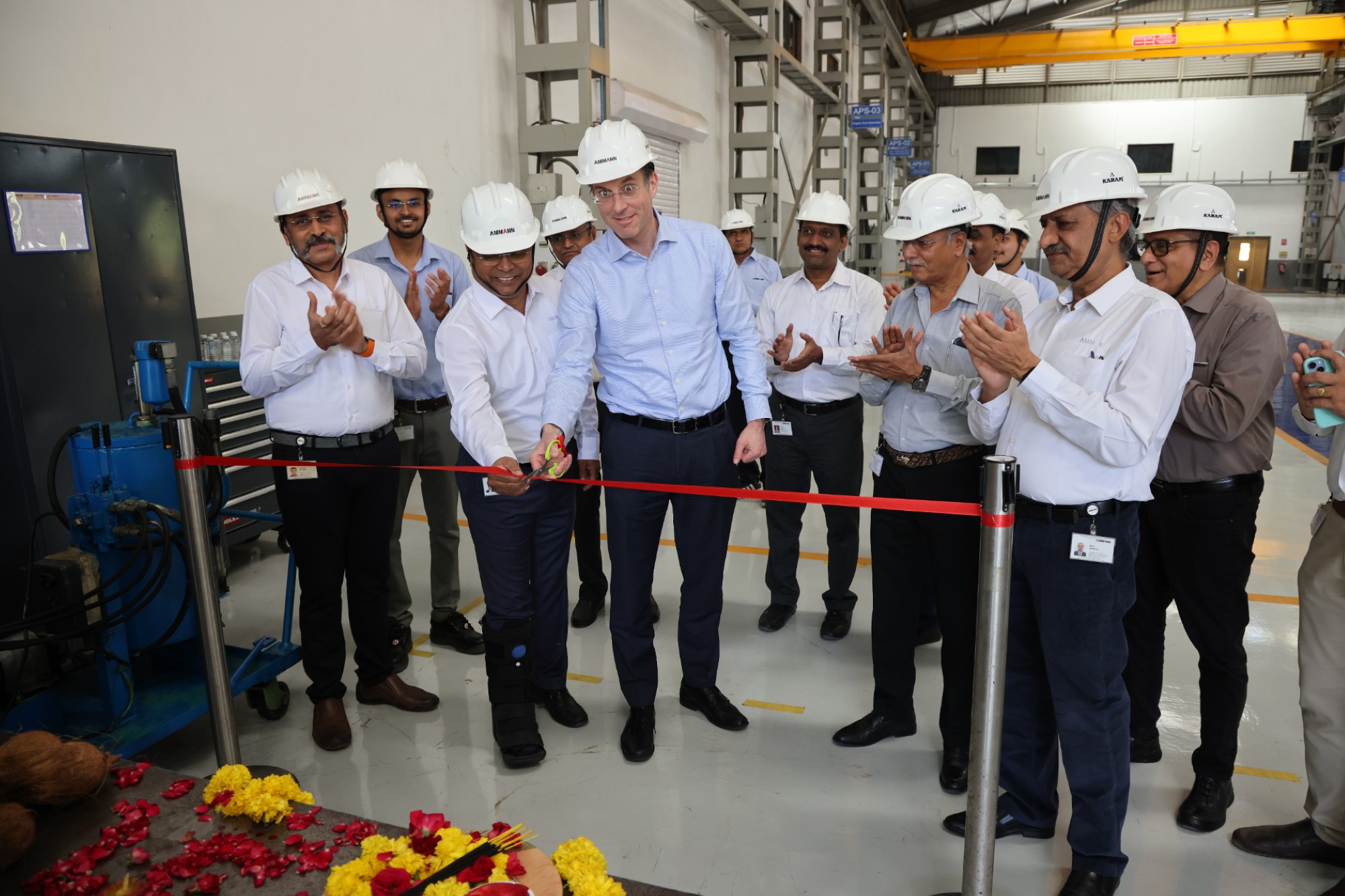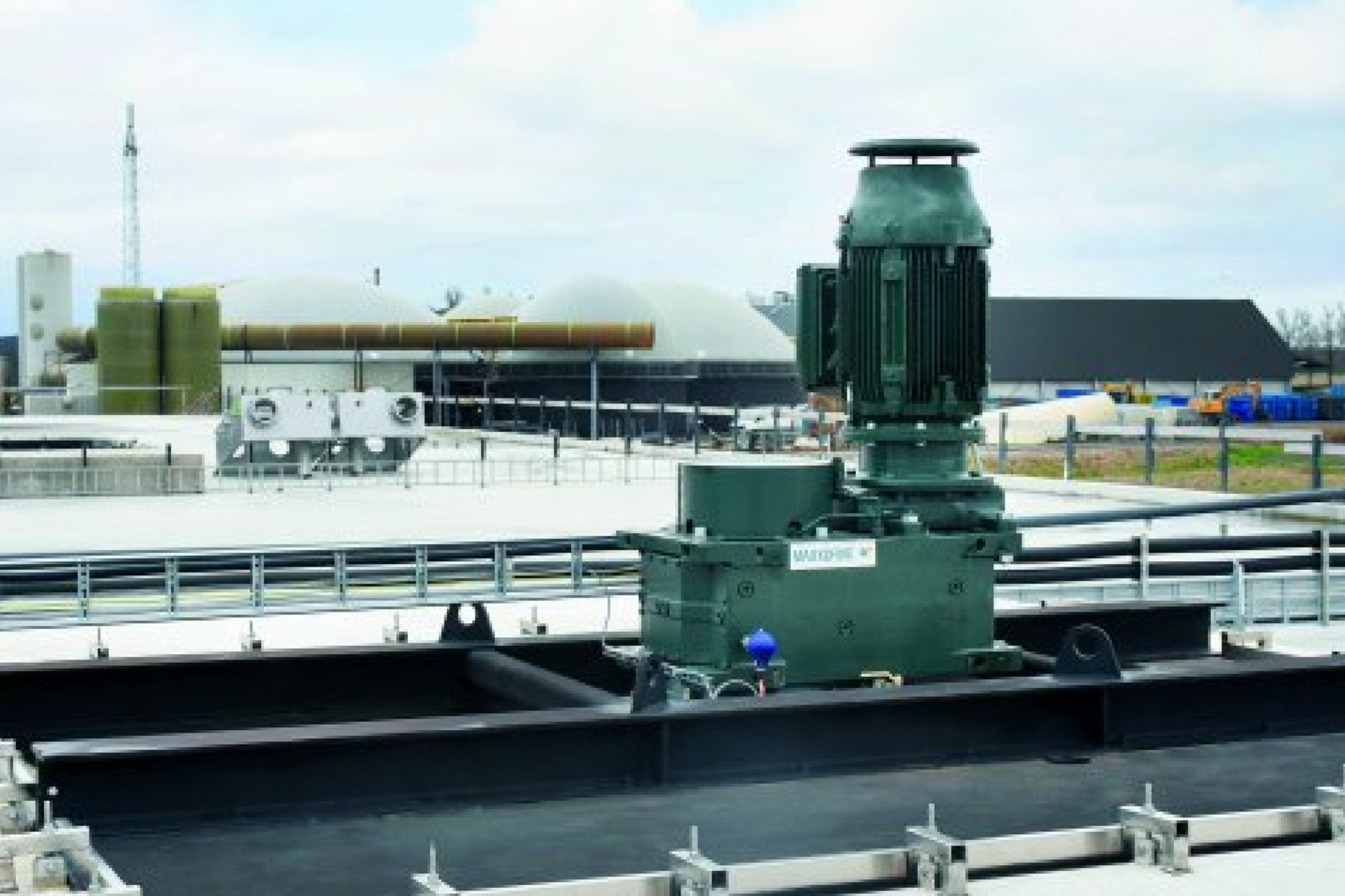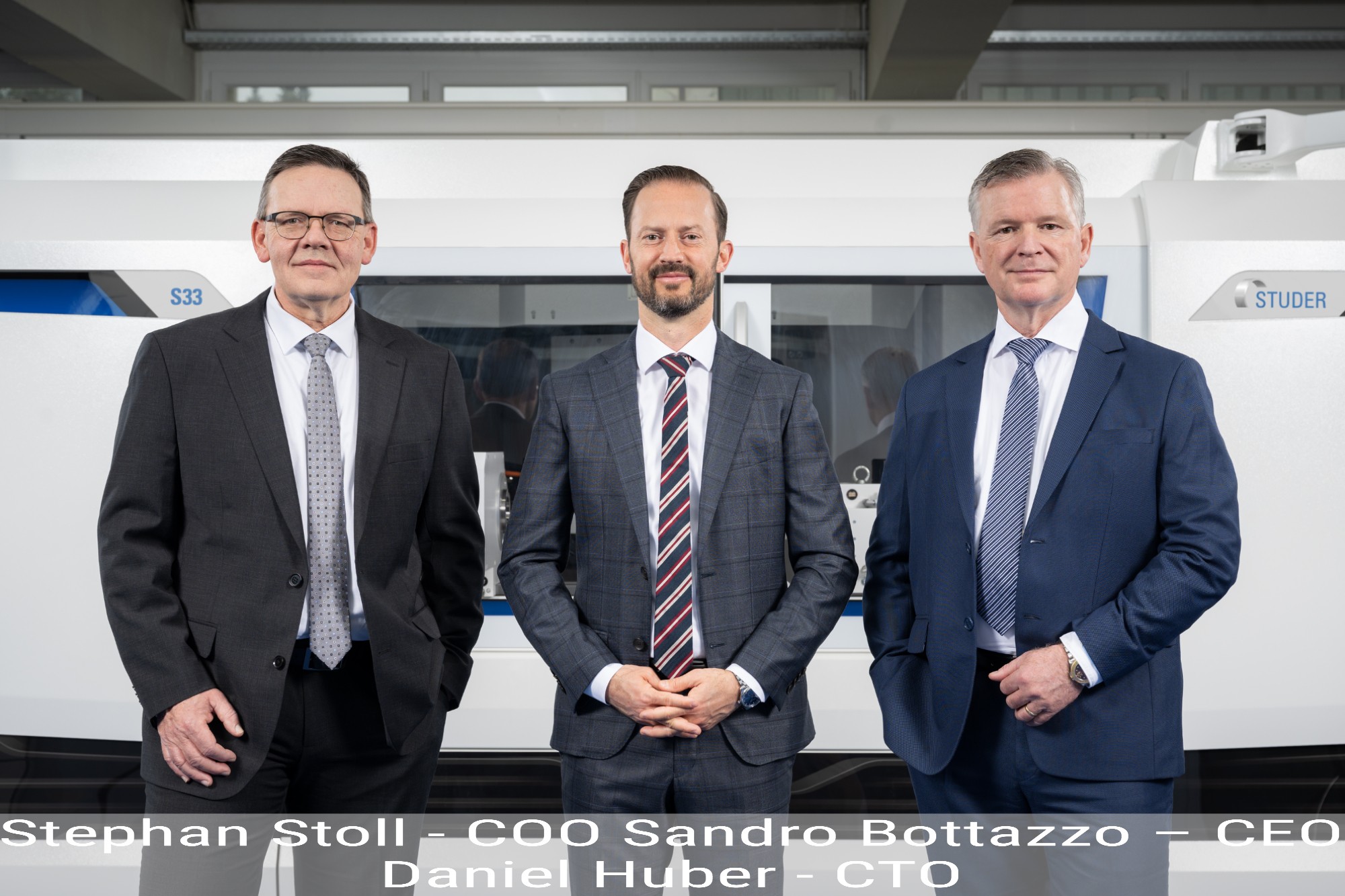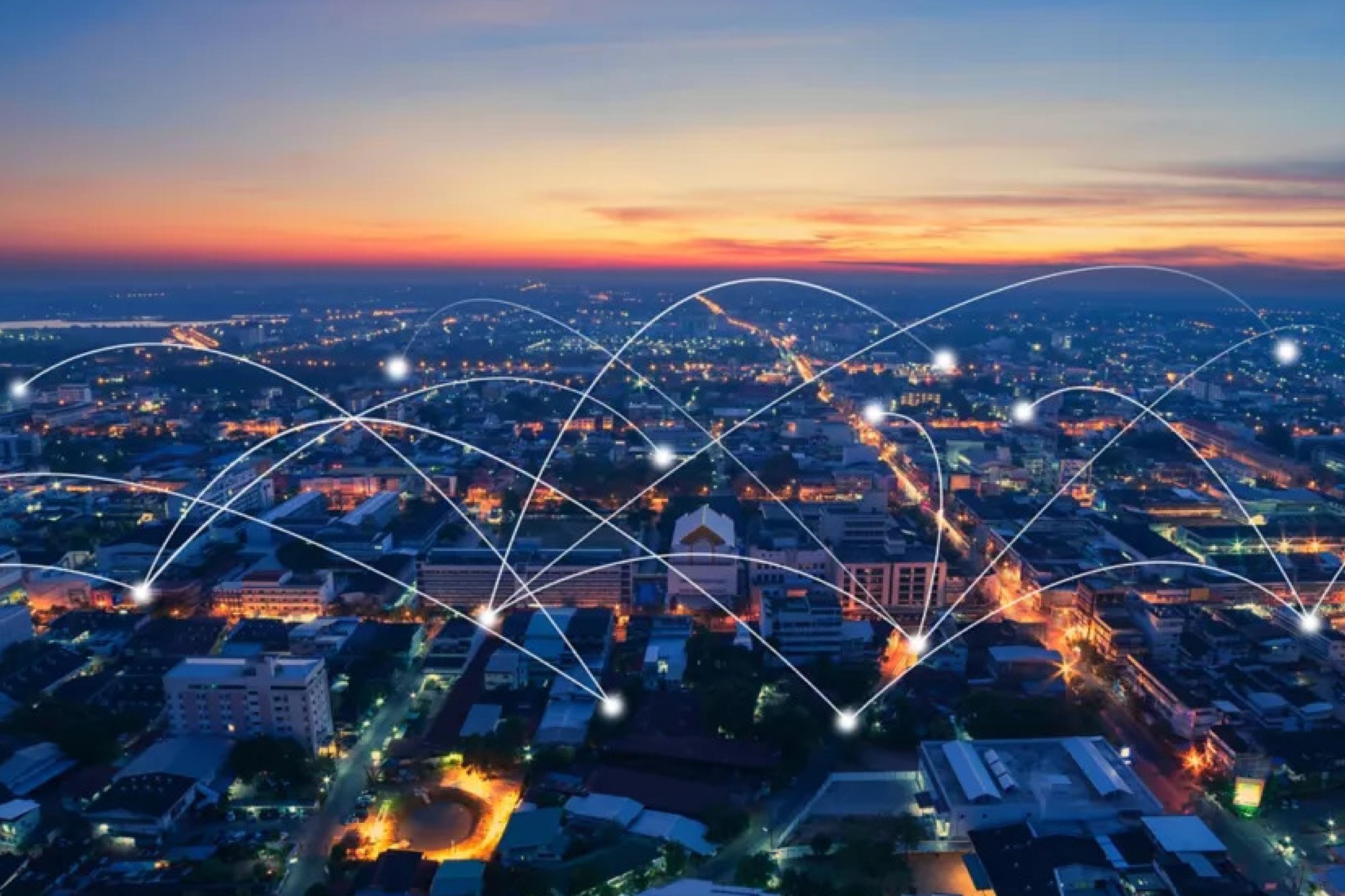Dhruva Space moves towards space solar technology with TDB support
By OEM Update Editorial April 25, 2024 11:22 am IST
The project focuses on major breakthroughs in substrate-side IP using carbon fibre and resins, and advances in solar cell assembly (SCA) through innovative stringing and bonding processes.
The Technology Development Board (TDB) present financial support for Dhruva Space Private Limited’s “Space Grade Solar Array Fabrication and Test Facility” project, which is a significant step towards indigenization in the space sector and aligns with the TDB’s mission of advancing indigenous capabilities. TDB has granted financial assistance to this space company, expressing its belief in the project’s ability to promote technical improvements in the space business.
Dhruva Space, with TDB’s backing, is initiating an ambitious endeavour to create and commercialise space-grade solar array manufacturing and testing methods for spacecraft applications. The major goal of this project is to pioneer technological improvements in solar panel manufacture that will fulfil the stringent requirements of on-orbit utilisation.
The project entails several key innovations, including the adoption of new materials like carbon fiber and resins for substrate-side IP to enhance performance and durability. It also focuses on process innovations in solar cell assembly (SCA) through novel stringing and bonding techniques. Dhruva Space aims to manufacture high-efficiency solar panels using triple-junction GaAs technology, targeting an efficiency of up to 30 percent. Additionally, a specialized test facility will be developed to ensure compliance and certification of space-grade solar arrays.
The project includes a number of space-qualified operations such as substrate manufacturing, accurate cell welding, secure cell bonding, electrical harness integration, and extensive testing and assessment. Mechanical tests will include vibration, shock, and full-panel assessments, while electrical evaluations will use a Large Area Pulsed Sun Simulator to ensure complete testing. Environmental testing will include thermo-vacuum chamber temperatures and acoustic tests, as well as zero-gravity (Zero G) deployment simulations to evaluate performance in space environments.Rajesh Kumar Pathak, Secretary, Technology Development Board, expressed enthusiasm about the initiative, stating, “We are excited to support M/s Dhruva Space in their endeavor to develop cutting-edge space-grade solar array technologies. This project perfectly aligns with TDB’s mission to promote indigenous innovation and strengthen India’s capabilities in domestic production, furthering India’s commitment to becoming a global hub for advanced and cost-effective space technologies.”
Sanjay Nekkanti, CEO, Dhruva Space, said, “One of the crucial product offerings at Dhruva Space is the end-to-end design, engineering, assembly, integration, and testing of spacecraft solar arrays for manned and unmanned space programs. One of our core capabilities has been to supply space power solutions to large satellites as well, and we are thankful to the Technology Development Board, Department of Science & Technology, for enabling us to scale these capabilities where we have seen traction not just in India but also overseas.”
Cookie Consent
We use cookies to personalize your experience. By continuing to visit this website you agree to our Terms & Conditions, Privacy Policy and Cookie Policy.



